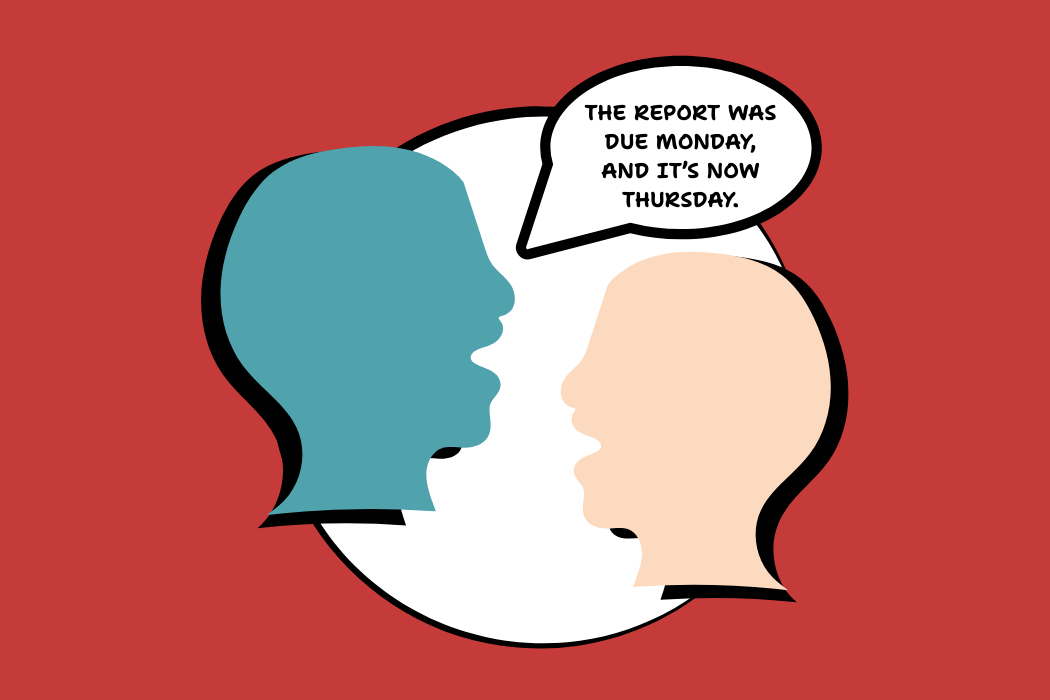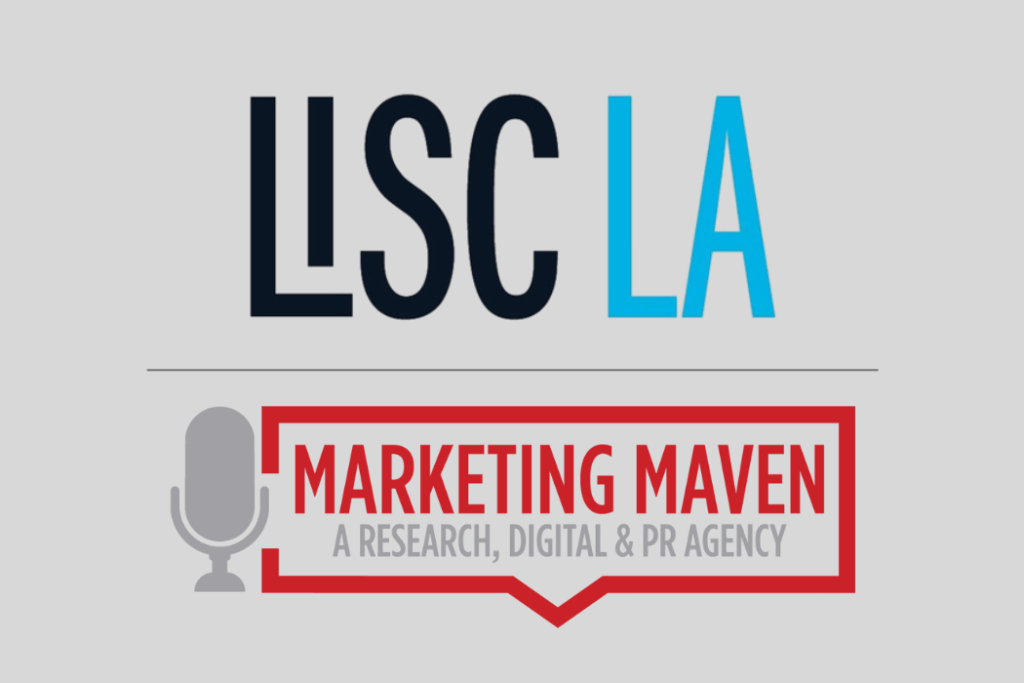
Twelve Drama-Free Ideas for Holding People Accountable
Most of us have been there. A deadline whooshes by, a teammate consistently shows up late to meetings, or someone just isn’t pulling their weight. And what do we often do? We avoid the conversation, hoping the problem will magically resolve itself. Spoiler alert: it never does.
Dodging these accountability conversations doesn’t help anyone. In fact, it usually makes things worse. When we let issues slide, we’re essentially signaling that standards don’t matter. Before long, missed deadlines pile up, trust crumbles, and frustrations boil over. So how do we break this cycle? How do we muster the courage to address issues without being labeled the office hammer or hard-nose? Here’s a practical roadmap to hold others accountable with respect, clarity, and confidence.
Preparation Is Your Best Friend
Before you jump into an accountability conversation, preparation is essential. Think of it as setting the stage for success.
Idea One: Get Clear on What’s Bothering You
Ask yourself: what exactly is the issue? Stick to the facts and avoid making assumptions. For instance, instead of thinking, “They clearly don’t care about their work,” focus on specifics: “The report was due Monday, and it’s now Thursday.” A fact-based approach prevents the conversation from veering into personal attacks.
Idea Two: Check Yourself First
Accountability starts with you. Have you communicated your expectations clearly? Are you modeling the behavior you’re expecting? If you’ve dropped the ball somewhere, own it upfront. For example: “I should have addressed this sooner, and that’s on me.” Nothing derails an accountability conversation faster than hypocrisy.
Starting the Conversation
While accountability conversations are rarely fun, approaching them with clarity and respect can make the exchange easier.
Idea Three: Be Direct and Respectful
It might feel tempting to soften the conversation with small talk, but directness is more effective. Try saying, “We need to talk about the missed Johnson project deadline.” It’s simple, clear, and respectful—no need for elaborate warm-ups or sugarcoating.
Idea Four: Make It a Dialogue, Not a Monologue
Many accountability conversations fail because they turn into lectures. Instead, aim for a dialogue by asking questions and inviting the other person’s perspective. You might learn about obstacles you weren’t aware of or uncover miscommunications about priorities. For example:
- “Can you share what happened with the missed deadline?”
- “What challenges were you facing that I might not have been aware of?”
By asking questions, you create an opportunity for collaboration rather than confrontation.
Focus on Solutions, Not Blame
Blaming someone for a mistake rarely leads to productive outcomes. Instead, shift the focus to problem-solving and shared goals.
Idea Five: Frame the Conversation Around Shared Objectives
Emphasize that you’re on the same team and working toward the same goals. For example: “We both want this project to succeed. How can we make sure we’re hitting our deadlines moving forward?” This approach fosters collaboration and encourages the other person to take ownership of the solution.
Idea Six: Be Specific About Expectations
Vague promises like “I’ll do better” don’t cut it. Instead, set measurable, actionable goals. For example: “So we agree—status reports will be submitted by 3 PM every Friday?”
Follow Through Is Everything
The conversation doesn’t end when you walk away. True accountability requires consistent follow-up to ensure progress.
Idea Seven: Reinforce Expectations
After the conversation, monitor the agreed-upon actions. Check in regularly to review progress and address any lingering challenges. For example: “Let’s touch base next week to see how the new timeline is working.”
Idea Eight: Acknowledge Improvements
When someone makes progress, recognize it. Positive reinforcement strengthens accountability and builds trust. For example: “I noticed the last few reports came in on time—thank you for making that a priority.”
Holding Yourself Accountable
Accountability isn’t just something you demand of others—it’s something you must embody. Admit your mistakes, be transparent about your expectations, and follow through on your commitments. Modeling accountability creates an environment where everyone feels responsible for their actions.
Idea Nine: Own Your Shortcomings
If you’ve let issues slide in the past, address it openly: “I realize I haven’t been consistent in addressing these kinds of issues, and I’m working to change that.” This level of honesty not only builds trust but also sets the tone for a culture of mutual accountability.
Building a Culture of Accountability
Accountability should be a team-wide practice, not a one-time event. Here’s how to create a workplace culture where accountability is the norm:
Idea Ten: Make Accountability Routine
- Regularly check in with team members to discuss progress, challenges, and expectations.
- Use these check-ins to normalize feedback and course correction.
Idea Eleven: Celebrate Success
When team members hold themselves accountable or improve their performance, acknowledge it. Positive recognition reinforces the value of accountability and encourages others to do the same.
Address Patterns, Not Just Incidents
One-off conversations are necessary, but patterns of behavior require a bigger-picture approach.
Idea Twelve: Get to the Root Cause
If you notice recurring issues, address the trend instead of treating each instance as an isolated problem. For example: “I’ve noticed a pattern of late reports over the last three months. Let’s discuss what’s going on and how we can address it.” This approach ensures the root cause is tackled, not just the symptoms.
The Payoff
Holding people accountable at work isn’t about being hard on others—it’s about fostering trust, improving performance, and supporting your team’s success. Avoiding these conversations might feel easier in the moment, but it ultimately leads to bigger problems down the line.
Start small. Address one unresolved issue this week. Be prepared, stay direct, and focus on solutions. By practicing accountability consistently and modeling it yourself, you can help build a workplace culture where trust and respect thrive.













